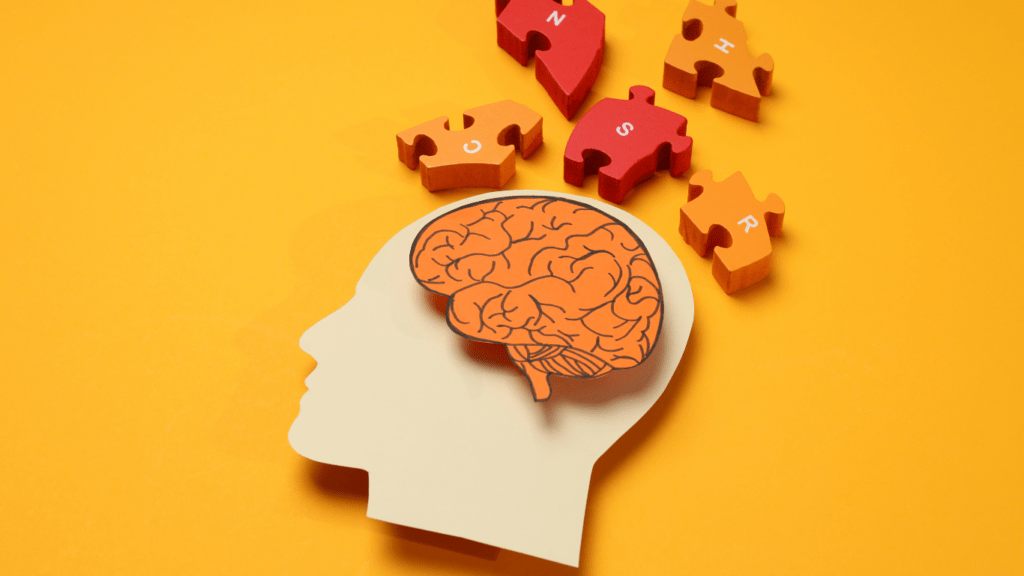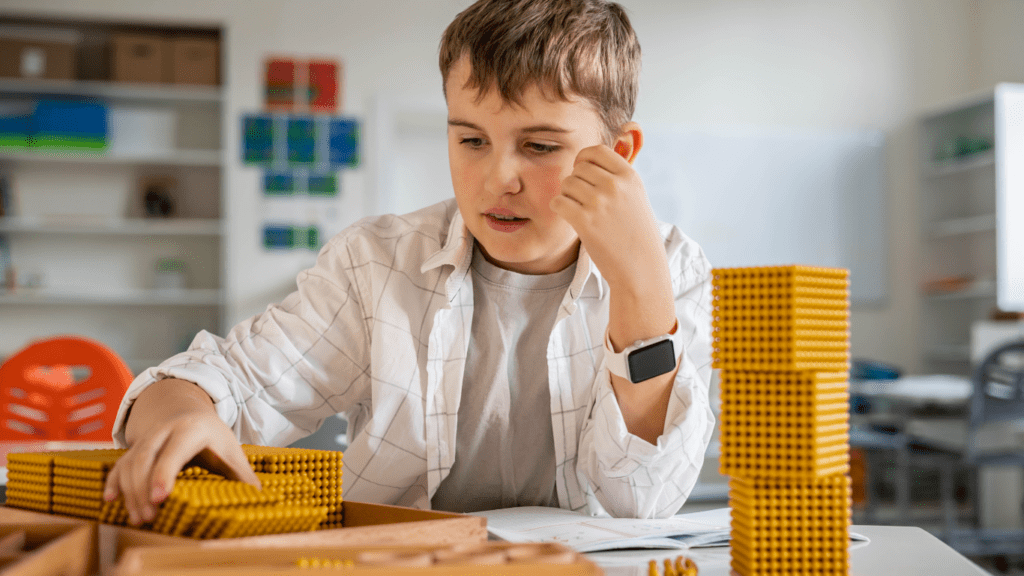As someone passionate about child development, I’ve witnessed firsthand the transformative power of games on children’s cognitive growth. Games have evolved beyond mere entertainment, becoming valuable tools for enhancing cognitive skills in young minds. From problem-solving to decision-making, games offer a dynamic platform for children to engage their brains in fun and stimulating ways.
In today’s digital age, interactive games not only entertain but also challenge children to think critically and strategize effectively. Through gaming, kids can improve their memory retention, concentration levels, and even enhance their multitasking abilities. As a parent or educator, understanding the positive impact of games on cognitive development is crucial in harnessing this potential for the benefit of children’s overall growth and learning experience.
Understanding Cognitive Development in Children
When considering the cognitive development of children, it’s essential to focus on key aspects and milestones that contribute to their overall growth and learning experience. By understanding these factors, parents and educators can better support children in their cognitive development journey.
Key Aspects of Cognitive Growth
In the realm of cognitive growth, children undergo various key aspects that shape their mental abilities. These include:
- Memory Development: Children’s memory evolves as they engage in activities requiring memorization, such as solving puzzles or remembering game rules. This enhances their ability to retain and recall information effectively.
- Problem-Solving Skills: Games stimulate critical thinking and problem-solving, encouraging children to strategize and find solutions to overcome challenges, fostering their problem-solving skills.
- Attention Span: Engaging in games that require focus and attention helps children improve their concentration levels, leading to an enhanced attention span essential for learning and daily tasks.
- Logical Thinking: Through games that involve logical reasoning and decision-making, children develop logical thinking skills, enabling them to analyze situations and make sound judgments.
- Multi-tasking Abilities: Some games challenge children to multitask, enhancing their ability to juggle multiple activities simultaneously, which can be beneficial in academic and real-life situations.
Milestones in Child Cognitive Development
Child cognitive development progresses through several significant milestones, each playing a crucial role in shaping their cognitive abilities. These milestones include:
- Sensorimotor Stage: In the early years, children explore the world through their senses and actions, laying the foundation for cognitive development.
- Preoperational Stage: Children start using symbols and language to represent objects and concepts, fostering their imagination and creativity.
- Concrete Operational Stage: At this stage, children demonstrate logical thinking and understand conservation principles, improving their problem-solving abilities.
- Formal Operational Stage: As children enter adolescence, they develop abstract thinking skills, enabling them to think hypothetically and consider multiple perspectives.
By recognizing these key aspects and milestones in cognitive development, parents and educators can effectively support and enhance children’s cognitive abilities through engaging games and activities.
The Role of Games in Enhancing Cognitive Skills
Games play a crucial role in improving various cognitive skills in children. Let’s explore how different types of games can benefit cognitive development and the studies supporting game-based learning.
Types of Games and Their Cognitive Benefits
- Puzzle Games: These games enhance problem-solving abilities and critical thinking skills in children. By figuring out solutions to challenges presented in puzzles, kids learn to think logically and strategically.
- Memory Games: Memory-based games help improve a child’s retention and recollection abilities. These games exercise the brain’s memory functions, making it sharper over time.
- Strategy Games: Strategy games require planning, decision-making, and predicting outcomes, fostering cognitive skills like strategic thinking and analytical reasoning.
- Educational Games: These games are designed to teach specific subjects or skills while engaging children. They can boost cognitive development by combining learning with fun activities.
By incorporating various types of games into children’s routines and education, parents and educators can effectively promote cognitive growth and development in a stimulating and enjoyable manner.
How Games Improve Specific Cognitive Functions

When it comes to cognitive development in children, games play a crucial role. Let’s delve into how different games enhance specific cognitive functions.
Boosting Memory and Attention Span
Games are excellent tools for boosting memory and attention span in children. For instance, puzzle games require players to remember patterns and sequences, thus enhancing memory retention. Similarly, engaging in games that demand focus and quick decision-making can significantly improve a child’s attention span over time.
Enhancing Problem-Solving Skills and Creativity
Games, especially puzzle and strategy games, are known to enhance problem-solving skills and creativity in children. By navigating through challenging game levels, youngsters learn to think critically, analyze situations, and come up with innovative solutions. This process not only sharpens their problem-solving abilities but also fosters creativity by encouraging out-of-the-box thinking.
Choosing the Right Games for Optimal Development
When it comes to selecting games for children, there are essential guidelines for parents and educators to consider to ensure optimal cognitive development:
Guidelines for Parents and Educators
As a parent or educator, I focus on choosing games that offer cognitive benefits tailored to children’s developmental needs. It’s crucial to select games that provide a mix of challenges to enhance problem-solving, critical thinking, and memory skills. By incorporating puzzle games, memory games, and strategy games into children’s playtime, I can help them develop a wide range of cognitive abilities.
Recommended Games for Different Age Groups
Based on my experience, I recommend age-appropriate games to cater to children’s varying cognitive development stages. For toddlers and preschoolers, interactive games that focus on colors, shapes, and basic matching can help improve cognitive skills. Elementary school children may benefit from educational games that teach math, language, and science concepts in a fun and engaging way. For teenagers, strategic games that require planning, decision-making, and quick thinking can foster advanced cognitive abilities.
I strive to choose games that align with children’s cognitive needs at different ages, ensuring that they receive the right stimulation to support their overall cognitive growth.

About the author:
Edwin Ledouxonn, the visionary founder of Your Gaming Colony, has transformed the platform into a premier destination for gaming enthusiasts. His passion for video games and commitment to the gaming community are evident in every aspect of the site. Edwin’s deep understanding of the gaming world has allowed him to create a comprehensive and engaging platform that caters to the diverse needs of gamers.




